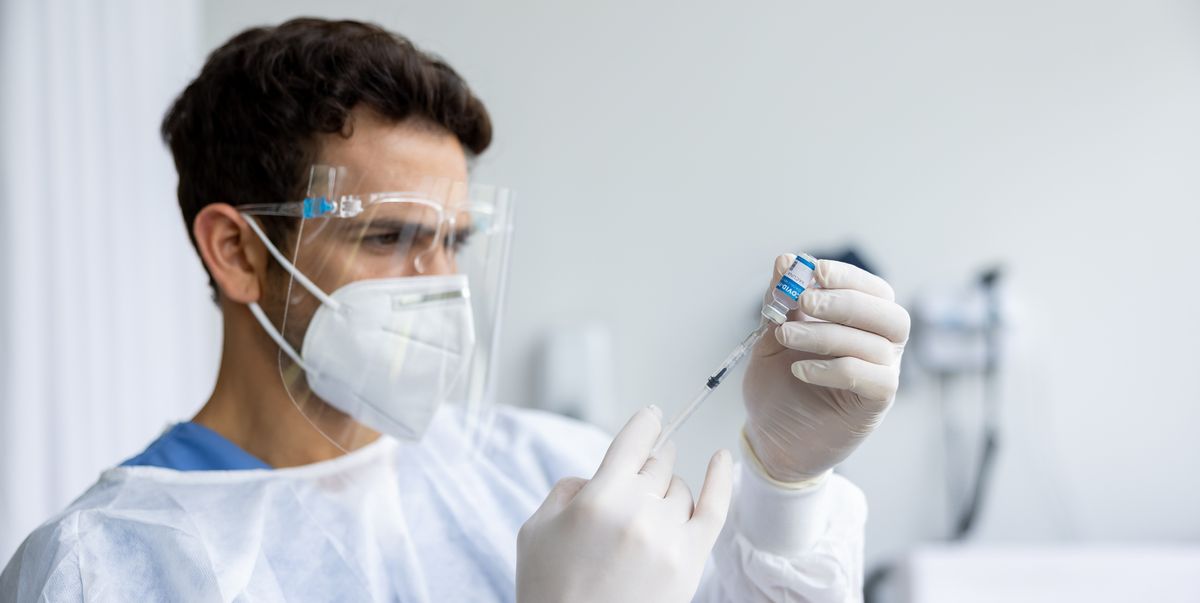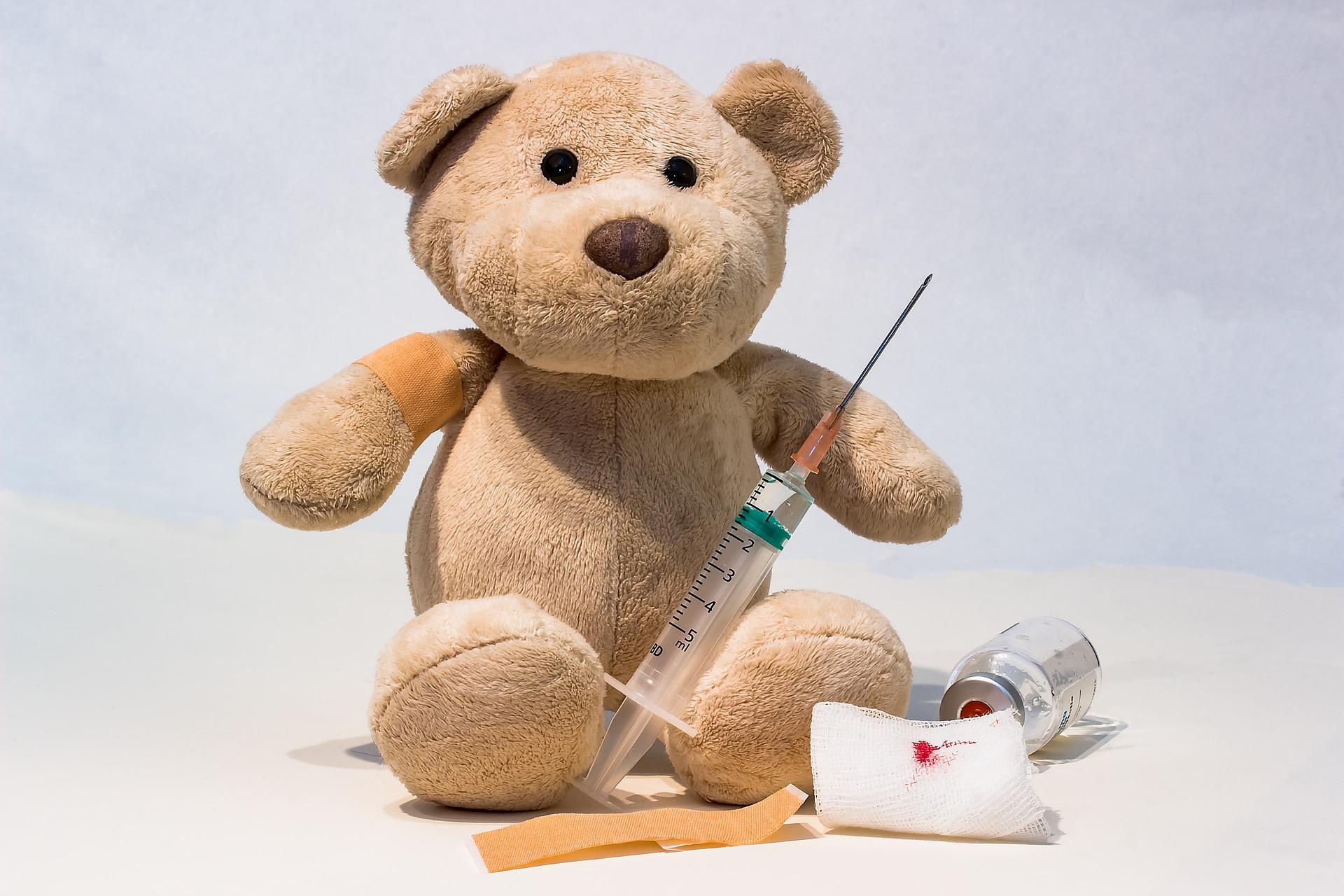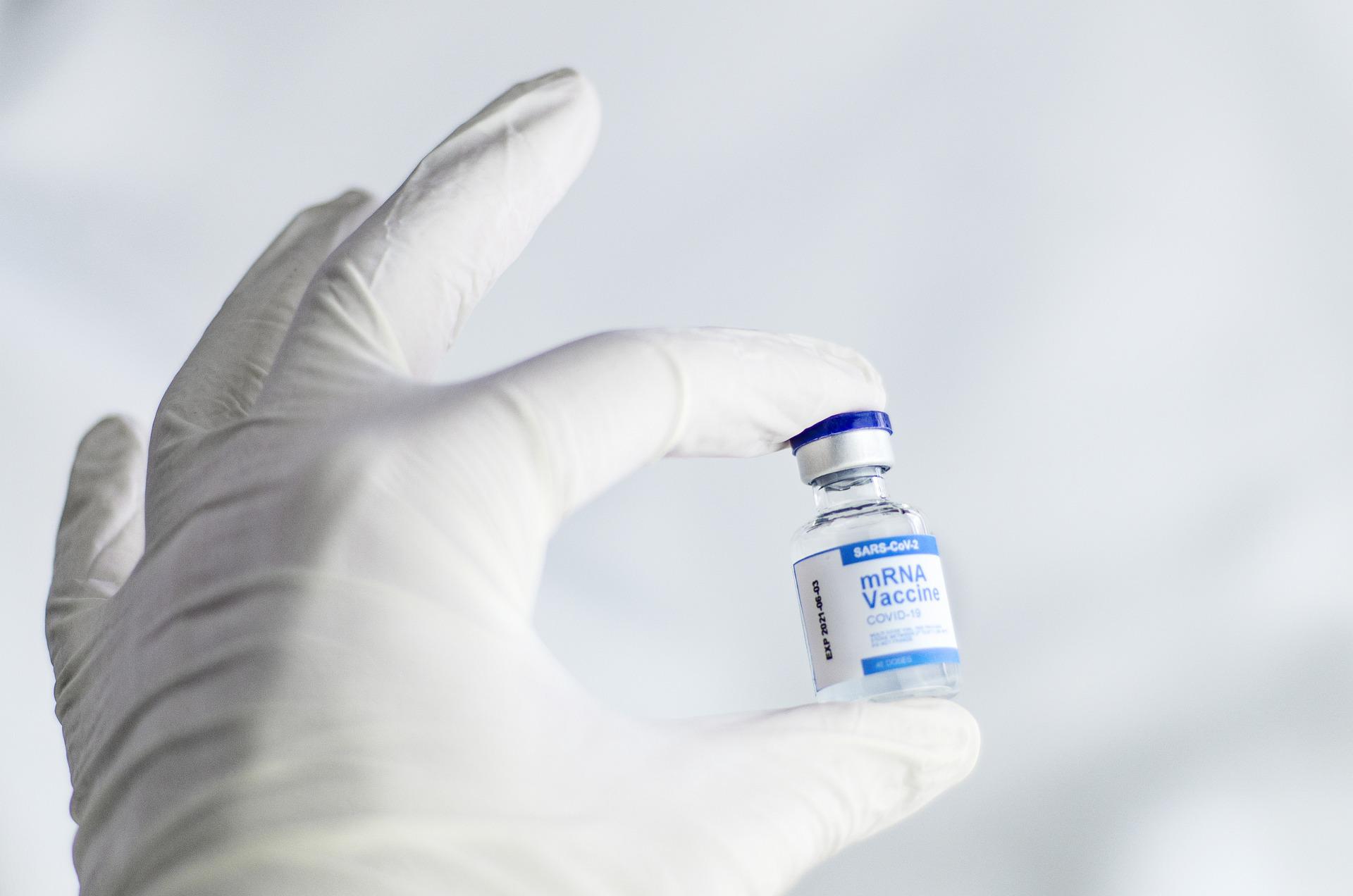
The COVID-19 Vaccine Must Be Universally Available
The world is unequal enough and the pandemic of COVID-19 only threatens to make it more unequal. Poorer nations have had to take on loans that they are going to struggle to pay back. They have been driven into tougher and more economically damaging lockdowns by their more vulnerable healthcare systems and crowded towns, and poverty rates have risen sharply. Now, considering how costly COVID-19 vaccine rollouts tend to be, they are understandably afraid that a phased recovery from the pandemic would further disadvantage them.
Indeed a COVID-19 vaccine advance is a fantastic news, but unfortunately, it is not for mankind as a whole just a small fraction. Rich countries such as the UK, the US, the EU, Japan, and Canada have already hoarded over 80% of Pfizer vaccine stocks by the end of next year. Collectively, these nations account for just 14 percent of the global population. If Pfizer’s vaccine is accepted, most of the world’s population will not be able to get anywhere near it, residing mostly in low- and middle-income nations. And it’s the same story with Moderna, who said their vaccine was almost 95 percent effective. Rich countries have already purchased 78 percent of their doses, representing just 12 percent of the global population.
Global supplies are likely to be more restricted since the patent on the vaccine by Pfizer and its partner BioNTech means that no other company will manufacture or sell the vaccine for at least twenty years. This gives the basis for a legal monopoly, and Pfizer decides who gets the vaccine and at what price without competition. This all seems enormously unjust, if not unethical. And yet for decades, that’s precisely how the scheme has worked. A profit-driven system that uses patent monopolies to charge the highest rates for life-saving drugs while reaping the highest profits is the pharmaceutical business.
It should not be surprising then that a number of developing countries, led by India and South Africa, argued at the Intellectual Property Rights Council of the World Trade Organization last week that IPR-based payments should be suspended for the duration of the pandemic for vaccines, therapeutics, and equipment related to COVID-19. They are concerned about “intellectual property rights that impede or potentially impede the timely provision of affordable medical products” to their residents. In December, the full council will meet on the issue. The bid is a shot across the bow of the existing IPR scheme, whatever the result. The dilemma isn’t just about providing access to vaccinations for developing nations. It’s about encouraging them to select the vaccine that suits their populations and infrastructure best and making sure they get enough doses fast enough that they don’t have to wait until 2024 to regain normal life while the West and China are moving forward.









